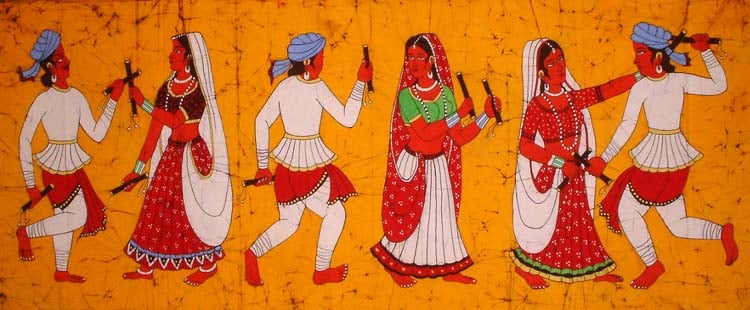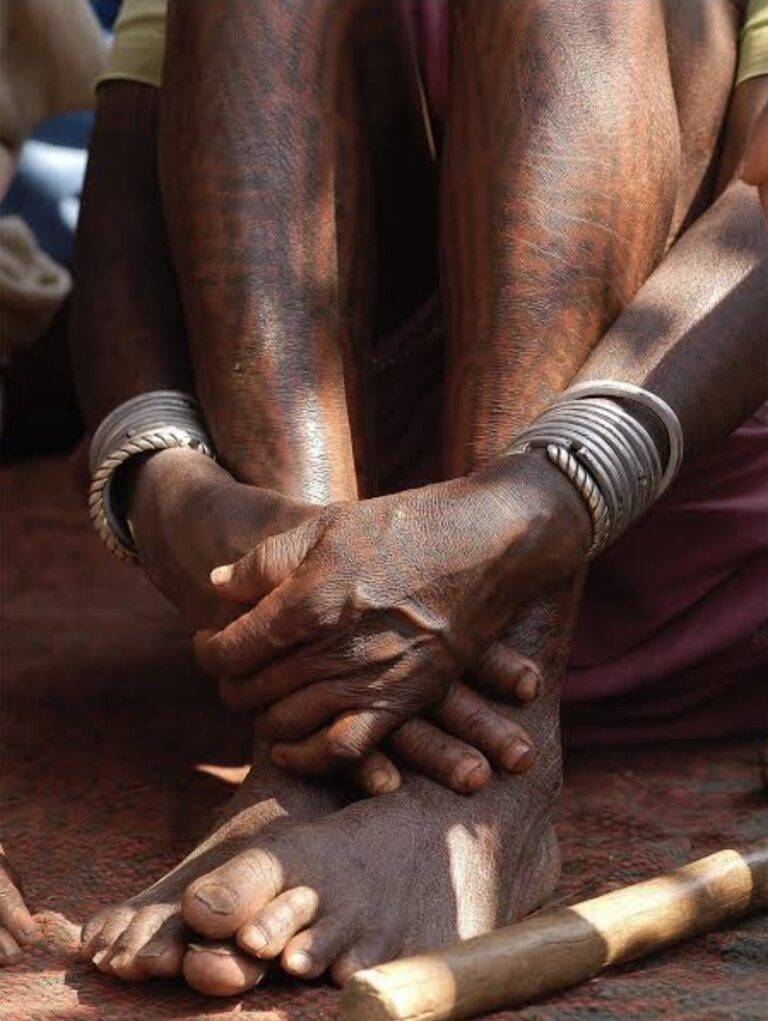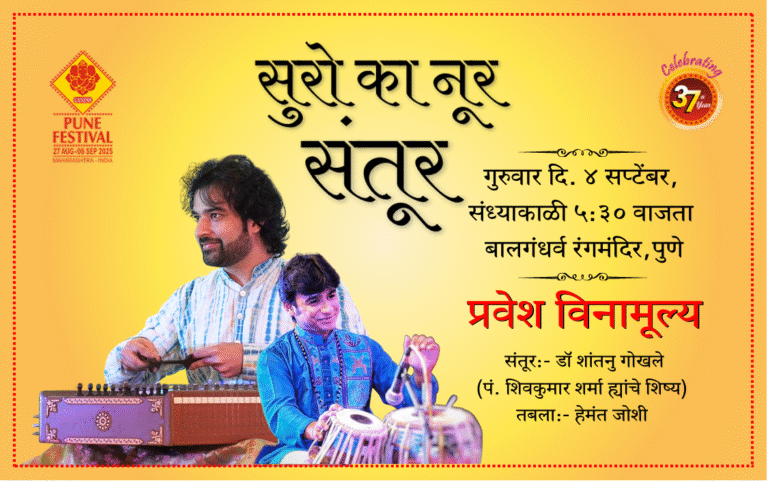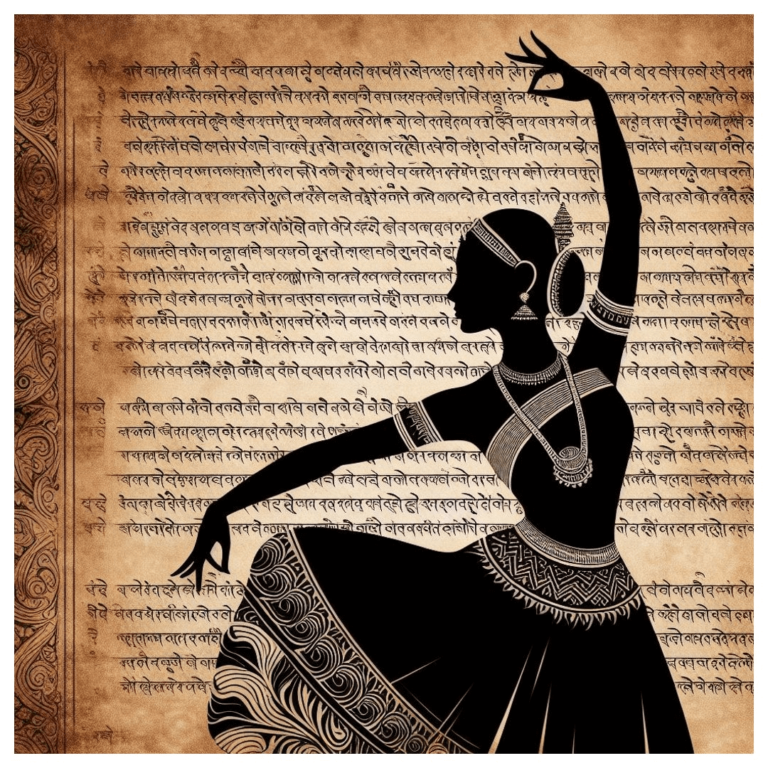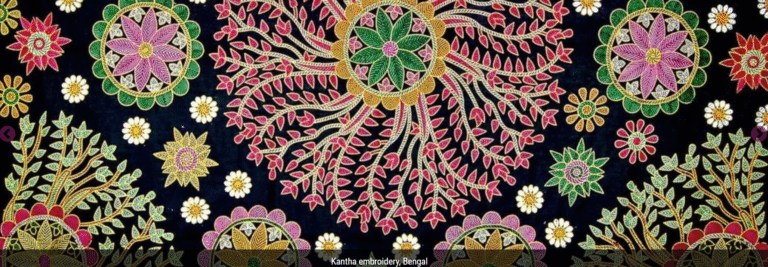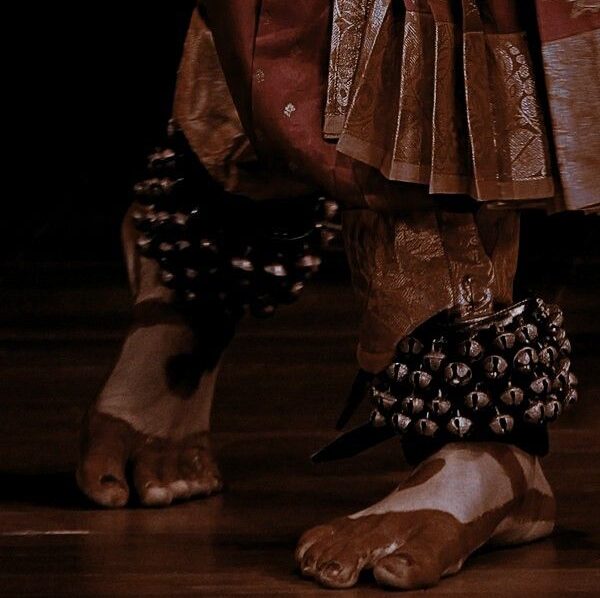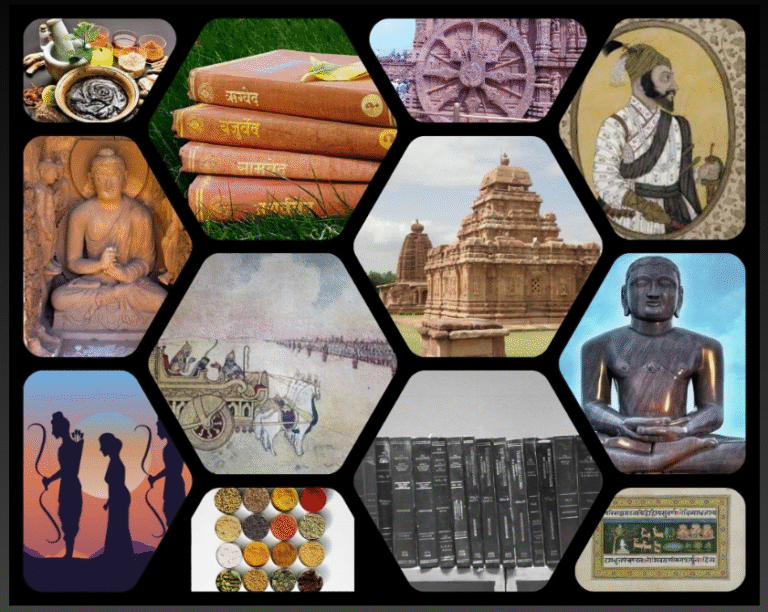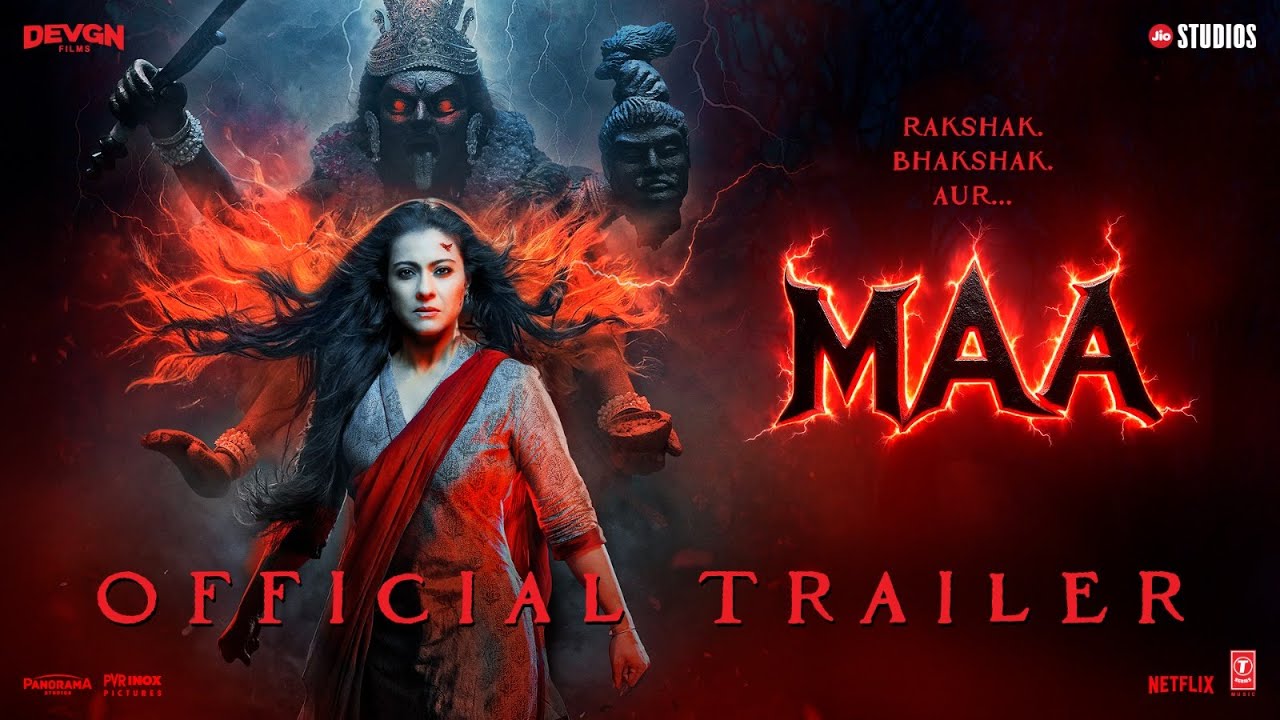
Bollywood is entering an exciting new era where myth, folklore, and family drama collide with supernatural horror. The 2025 film Maa, starring Kajol, Ronit Roy, Indraneil Sengupta, and Kherin Sharma, has already sparked conversations for its mix of maternal strength and mythological terror. Directed by Vishal Furia and produced by Ajay Devgn, Jyoti Deshpande, and Kumar Mangat Pathak under the banner of Jio Studios and Panorama Studios, the film extends the cinematic universe first introduced in Shaitaan.
Released theatrically on 27 June 2025 and later streamed on Netflix in August, Maa has been one of the most talked-about Hindi films of the year. With its blend of emotional storytelling, supernatural scares, and a strong central performance from Kajol, the movie is redefining how Bollywood portrays motherhood and resilience on screen.
The Story: Between Motherhood and Mythology
Unlike traditional family dramas, Maa unfolds as a mythological horror-thriller. Kajol plays Ambika Dasgupta, a mother who moves with her daughter Shweta (Kherin Sharma) to her late husband Joydev’s (Ronit Roy) ancestral village after his mysterious, supernatural death. Once there, Ambika discovers that the village is haunted by a demonic curse tied to dark forces, demanding both survival and spiritual strength.
Indraneil Sengupta portrays Shuvankar, a pivotal character whose presence deepens the mystery and tension. The film combines folklore with psychological elements, making it more than just a horror flick—it’s a story about the primal force of motherhood facing an unrelenting evil.
The Trailer: Building Fear Through Emotion
The official trailer, launched on 29 May 2025 by Jio Studios on YouTube, gave audiences their first chilling glimpse of the film. Far from relying solely on jump scares, the trailer showcased intimate moments of fear, silence, and determination. One standout scene features Kajol walking into a darkened temple with fierce resolve, her eyes telling the story even before the soundtrack swells.
The cinematography emphasizes close-ups and dimly lit domestic and rural spaces, creating a claustrophobic atmosphere. The background score and sound design heighten tension without overdoing theatrics, and critics noted how the visual storytelling feels authentic rather than gimmicky.
A special highlight from the promotional campaign was the release of Kaali Shakti, a haunting song sung by Usha Uthup, which underlined the mythological and cultural depth of the narrative.
Box Office and Critical Reception
Maa opened to a strong response, earning around ₹4.5 crore on day one and nearly ₹19.9 crore over its first weekend. However, collections dipped in the following days, with Monday witnessing a 68% drop. Despite this, Kajol’s performance has been unanimously praised.
Critics offered mixed reviews:
-
Praise: Kajol’s raw performance as a mother battling both grief and supernatural evil; Ronit Roy’s measured intensity; effective visual effects; and the film’s mythological references.
-
Criticism: Some reviewers found the narrative predictable, with familiar horror tropes and uneven pacing.
Audiences, however, were more forgiving, with many viewers appreciating the emotional and cultural layers beneath the horror. Netizens particularly praised Kajol’s transformation into a “ferocious mother-warrior” and applauded the VFX for being convincing.
Why Maa Matters
What makes Maa stand out is its re-imagining of motherhood. Bollywood has long portrayed mothers as either self-sacrificing figures or secondary to the hero’s journey. Here, motherhood takes center stage—Ambika is both protector and warrior, embodying the strength to confront forces beyond the ordinary.
By combining supernatural elements with the emotional core of family relationships, Maa represents Bollywood’s growing interest in genre-bending cinema. It doesn’t simply glorify motherhood but shows its complexities—pain, anger, sacrifice, and love—within the cultural and mythological framework of India.
This evolution reflects a larger trend in Indian cinema: telling stories that are entertaining but also probe deeper cultural and spiritual questions. Maa may not be perfect, but it marks an important step in Bollywood’s journey toward richer, layered storytelling.
Final Thoughts
Maa is more than a horror film—it’s a cultural mirror that blends family, folklore, and fear. Kajol’s commanding presence ensures that the story of Ambika resonates far beyond the screen, sparking reflection on how Indian cinema portrays motherhood and resilience in the face of the unknown.
Whether audiences see it as a chilling supernatural thriller or a heartfelt tale of maternal courage, one thing is certain: Maa has carved its place as one of 2025’s most significant Bollywood releases.
Sources
-
Times of India – Ajay Devgn pens heartfelt note for wife Kajol on the release of Maa
-
Economic Times – Maa reviews out: Netizens hail Kajol’s brilliant performance, praise VFX
-
Indiatimes – Maa box office collection day 4: Kajol’s horror drama witnesses a drop of 68%
-
Navbharat Times – Kajol, Ronit Roy, Indraneil Sengupta in Maa trailer

